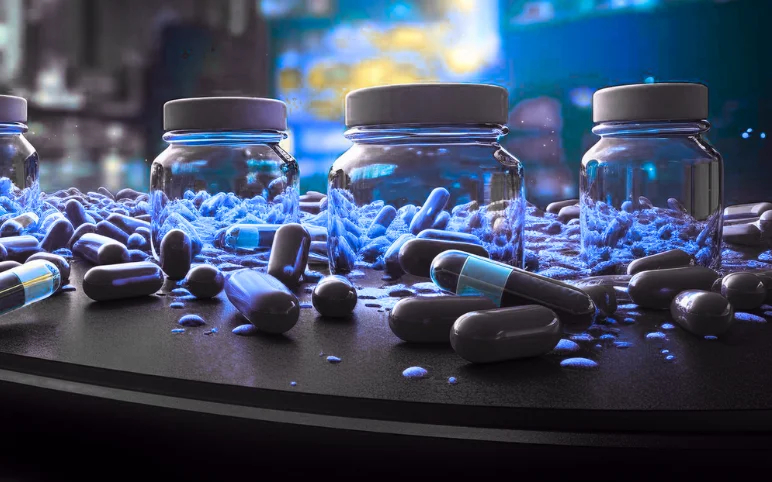Takeda scores blockbuster Velcade patent reprieve till 2022
In a major lift for Takeda and its aging multiple myeloma blockbuster Velcade, a U.S. appeals court overturned a ruling that invalidated a key patent, granting new exclusivity that should translate to significant sales over time. Takeda will have exclusive protections on Velcade until 2022 because of the court’s Monday opinion, which found the “district court erred” in its decision to strike down a key Velcade patent. That’s a coup for Takeda, which relies on Velcade’s revenue and had braced for generic rivals later this year. The cancer medication brought in an estimated $1 billion in the U.S. last year, and now it can continue fueling Takeda’s efforts to develop new drugs—and build sales of its new oral multiple myeloma med, Ninlaro—that can make up the difference when generics do arrive. It’s also a potential boost for Amgen. Cheaper Velcade copycats would have competed with Amgen’s multiple myeloma med Kyprolis, too, at a time when Amgen is trying to expand its market. Worse, Kyprolis failed last year to beat Velcade in a trial in patients whose cancer had recurred.
PhRMA finally launches campaign to discuss drug costs
Industry trade group PhRMA has launched new advertising meant to tackle the issue head-on. The national campaign, “Let’s Talk About Cost,” is a specific print, radio, digital and social effort, but that moniker will also now serve as the branded umbrella for all of PhRMA’s cost and value communications that have been going on for years. That includes Share the Savings discussions around rebates and discounts, and the Value Collaborative effort to engage leaders on reform issues. “We’ve been actively making sure that we are putting the cost and value of medicines in perspective for many years now. Too often though, so many of the conversations still focus on costs and spending from 2014, which we know was an anomaly year,” Holly Campbell, senior director of communications at PhRMA, said in an interview, referencing the year that saw the introduction of expensive hepatitis C cures. “Unfortunately, those are still the points most often used in conversations. We need to make sure the new facts and trends moving forward on medicine costs and spending are reflected.”
Valeant’s debt-fueled castoffs continue with half-priced Obagi sale
It’s been more than a year since analysts first said Valeant could sell off its Obagi Medical Products business to raise cash, but the Canadian drugmaker has finally found a taker. An investment fund has agreed to fork over $190 million for the dermatology business, which Valeant grabbed in 2013. The drugmaker will use that money to pay down the M&A-fueled debt mountain that’s worried investors and beaten down shares in the last several months. “The sale of Obagi marks additional progress in our efforts to streamline our operations and reduce debt,” Valeant CEO Joseph Papa said in a statement announcing the sale to Haitong International Zhonghua Finance Acquisition Fund I. Longtime Valeant critic David Maris, however, was quick to point out that Valeant is selling Obagi for half the sum it originally spent on the buy; the $190 million sale price falls 56.5% below the $437 million Valeant handed over to acquire it, he wrote in a Monday note to clients.
Ex-Novo executive signs at Radius to capitalize on Amgen’s bone-drug setback
With Amgen’s competing bone drug now sidelined, Radius has a big opportunity ahead with its Tymlos launch. And the company is staffing up accordingly. Monday, the Massachusetts biotech said it had brought on Jesper Høiland, former president of Novo Nordisk’s U.S. business, as its new CEO. He’ll replace Bob Ward, who guided the company though its IPO and Tymlos’ journey to approval, which concluded with an FDA nod in late April. Radius’ board “thought long and hard about making sure we have the right leader at the company with the right experience to maximize” the opportunities in front of the company, chairman Kurt Graves said in an interview, and it wanted someone with “true global experience” and multiple launches under his or her belt.



